What You'll Learn
Master front-end frameworks like React and Angular for building dynamic web apps.
From Full Stack Training in Chennai, Learn back-end development with Node.js, Express, and database integration techniques.
Gain proficiency in working with databases like MongoDB, SQL, and NoSQL technologies.
Understand RESTful APIs, GraphQL, and how to integrate them into web applications.
Develop strong problem-solving skills to tackle real-world software development challenges.
Our Full Stack Course in Chennai prepare you for successful career growth.
Full stack CourseObjectives
- Increasing Demand
- Evolving Technology Landscape
- Focus on Scalability and Efficiency
- Integration with Emerging Technologies
- Front-end Development Technologies
- Back-end Development Tools
- Database Management Systems
- Version Control Systems
- Rising Need
- Technological Advancements
- Integration with AI and ML
- Emphasis on Real-Time Data Handling
- Basic Programming Understanding
- Web Development Principles
- Database Basics
- Version Control Proficiency
Request more informations
WhatsApp (For Call & Chat):
+91 76691 00251
Full Stack Course Benefits
The Full Stack Certification Course in Chennai equips learners with end-to-end development skills, covering both front-end and back-end technologies. It boosts career flexibility, enabling professionals to work across diverse tech stack. With hands-on projects and real-time scenarios, the course builds job-ready expertise. Graduates gain acompetitive edge in the job market high-paying placement opportunities.
- Designation
-
Annual SalaryHiring Companies
About Your Full Stack Certification Training
Our Full Stack Training Institute in Chennai offers an affordable route to mastering both front-end and back-end development. With 500+ hiring partners, we ensure strong Full Stack Placement support and exciting career opportunities through Full Stack Internship in Chennai. Gain practical experience through real-time projects using tools like React, Node.js, and MongoDB, equipping you with industry-relevant skills to thrive as a versatile full stack professional.
Top Skills You Will Gain
- Front-End Development
- Back-End Programming
- Database Management
- API Integration
- Version Control
- DevOps Basics
- UI/UX Understanding
- Debugging Techniques
12+ Full Stack Tools
Online Classroom Batches Preferred
No Interest Financing start at ₹ 5000 / month
Corporate Training
- Customized Learning
- Enterprise Grade Learning Management System (LMS)
- 24x7 Support
- Enterprise Grade Reporting
Why Full Stack Course From Learnovita ? 100% Money Back Guarantee
Full Stack Course Curriculum
Trainers Profile
Full Stack Course in Chennai program equips participants with the necessary skills for a successful career in full-stack development through in-depth instruction delivered by industry specialists. Students learn front-end and back-end technologies, version control systems, and project management through hands-on practice and individualized instruction. Become a skilled full-stack developer in the fast-paced tech sector by enrolling with Learnovita and realizing your full potential.
Syllabus of Full Stack Course Download syllabus
- Html Introduction And Its Use In Websites
- Differences Between Html4 & Html5
- Elements / Tags
- Html5 New Elements
- Animation Properties
- Background Properties
- Layout Properties
- Pseudo Classes
- Glypicons
- Navigations
- Breadcrumbs
- Paginations
- Conditional Statements
- Loop Statements
- Dom And Event Handlers
- Working With Forms
- Jqxhr (Jquery XMLHttpRequest) Vs. XHR (XMLHttpRequest)
- Invoking Jquery Ajax HTTP Methods
- Synchronous Vs. Asynchronous Communication
- Jquery Ajax Global Event Handlers
- Jason Vs Xml
- JSON Object
- Ajax JSON
- JSON Array
- Default Parameters
- Spread Attributes
- Static Methods
- Getters And Setters
- Components, state, props
- Hooks: useState, useEffect
- Routing with React Router
- State management with Redux or Context API
Request more informations
WhatsApp (For Call & Chat):
+91 76691 00251
Industry Projects
Career Support
Not Just Studying
We’re Doing Much More!
Empowering Learning Through Real Experiences and Innovation
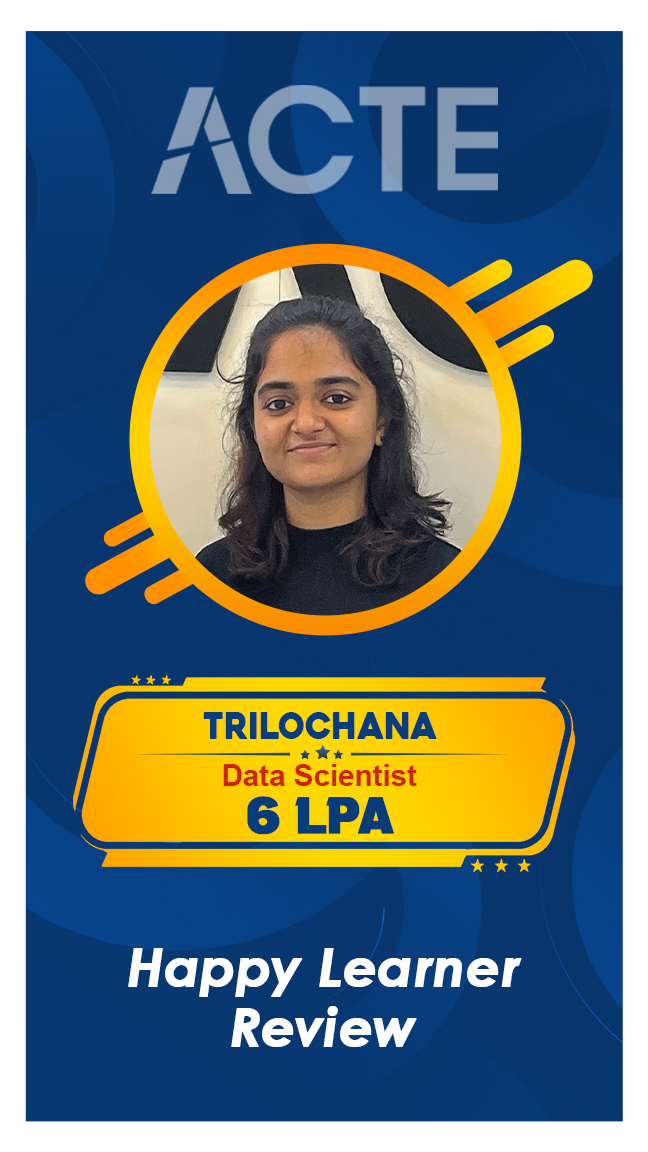
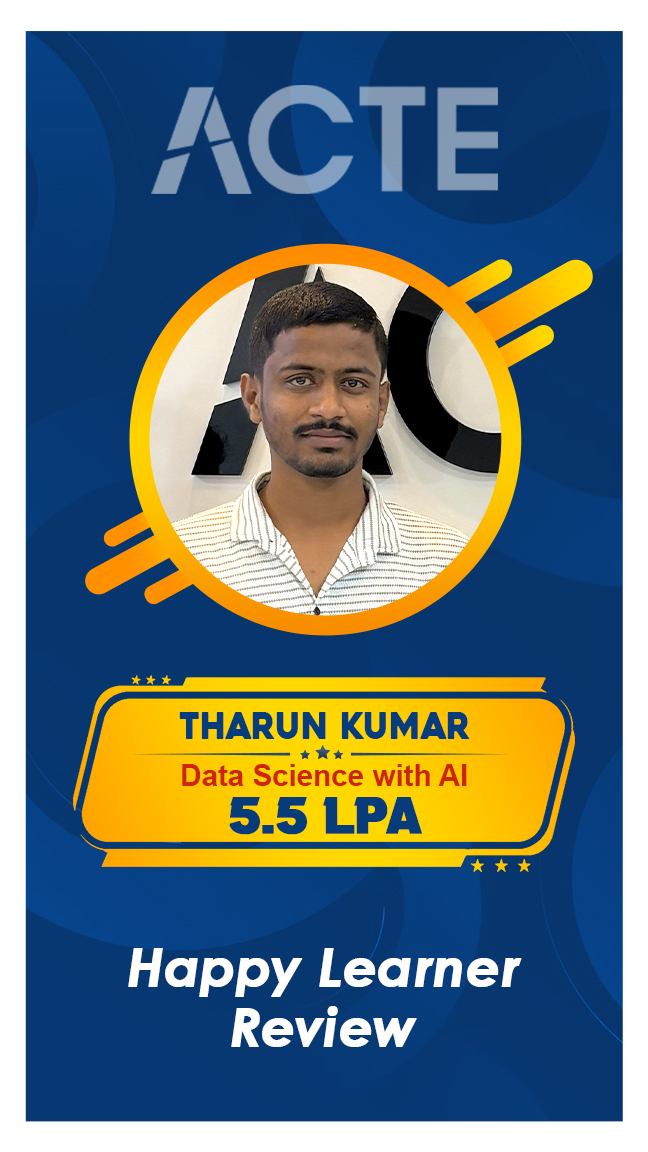
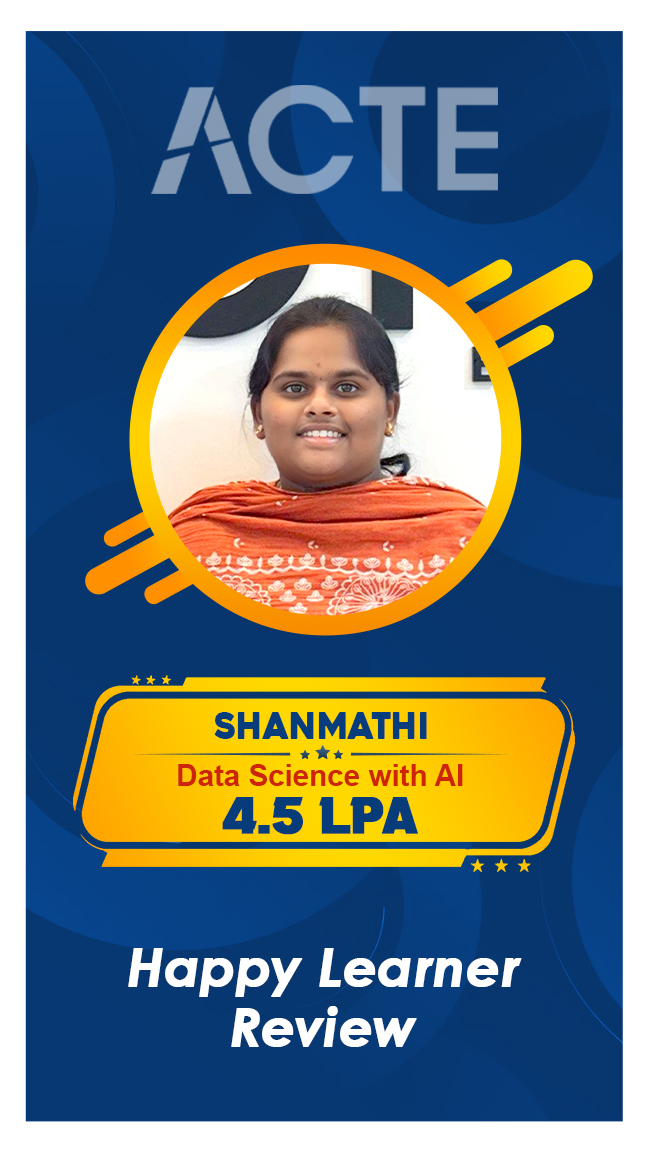
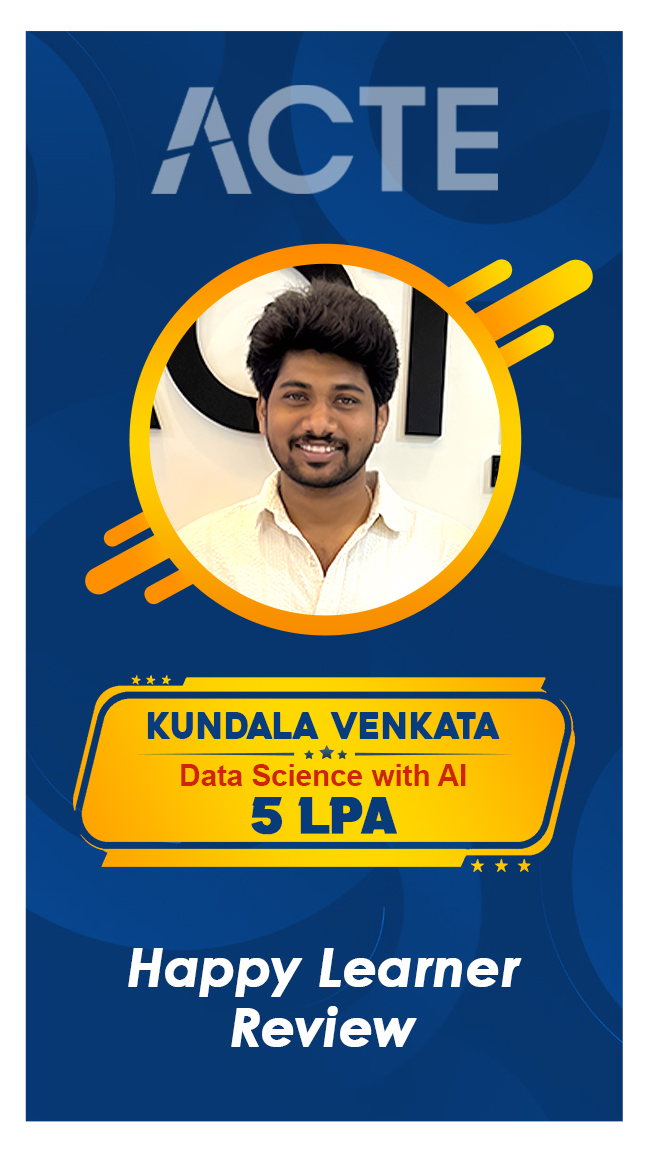
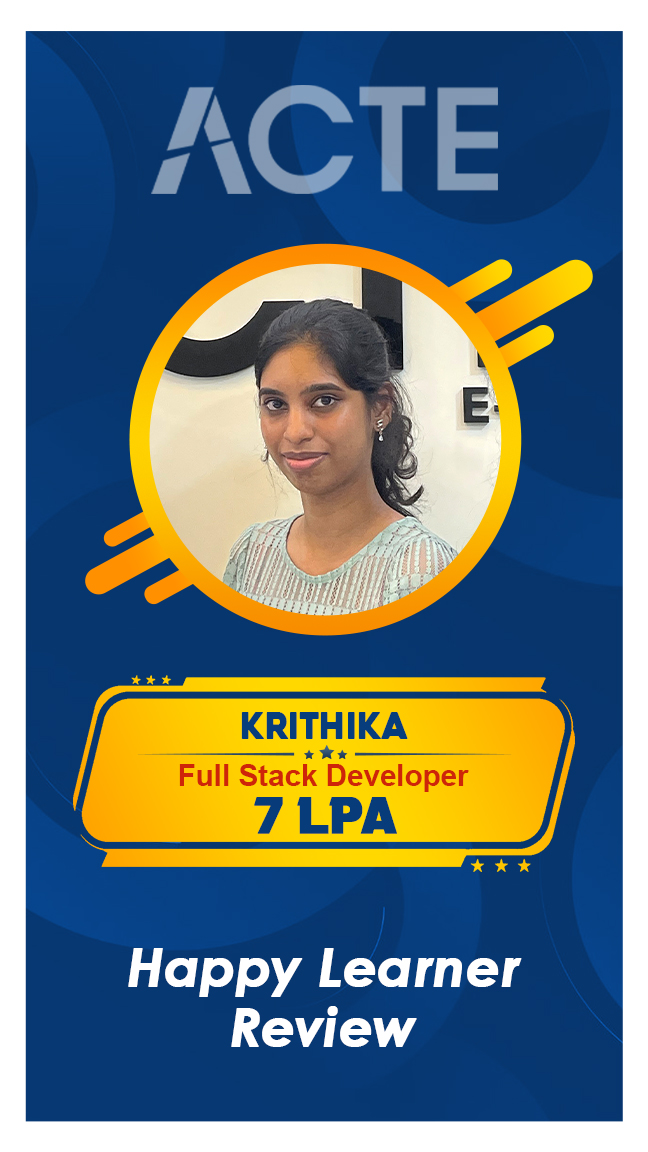
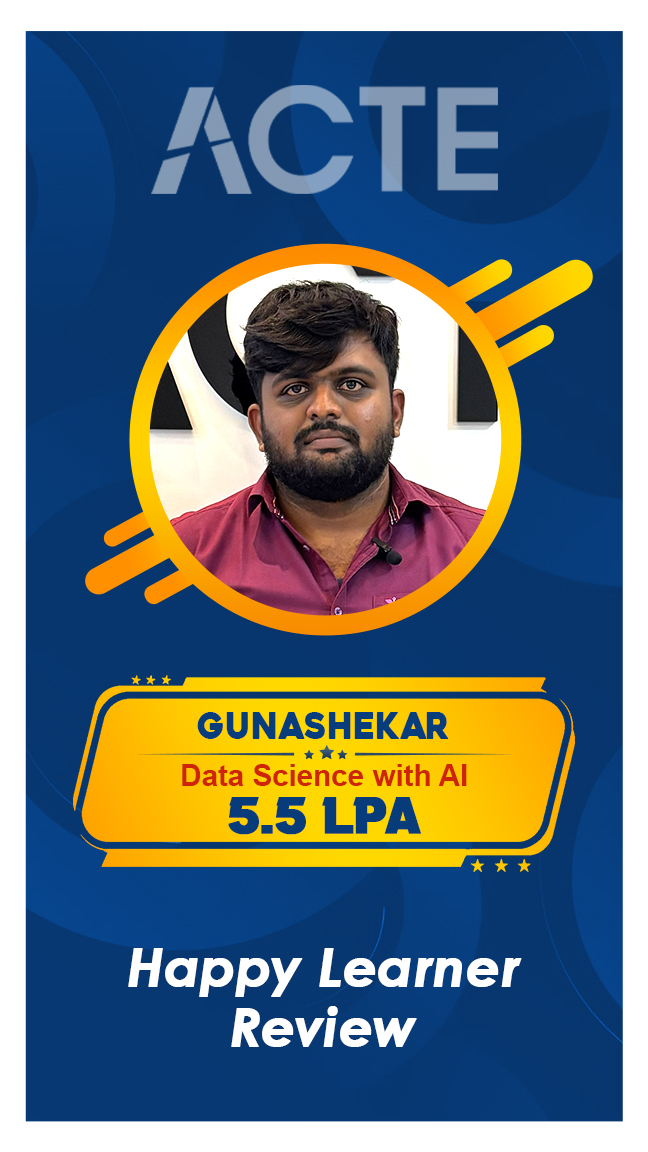
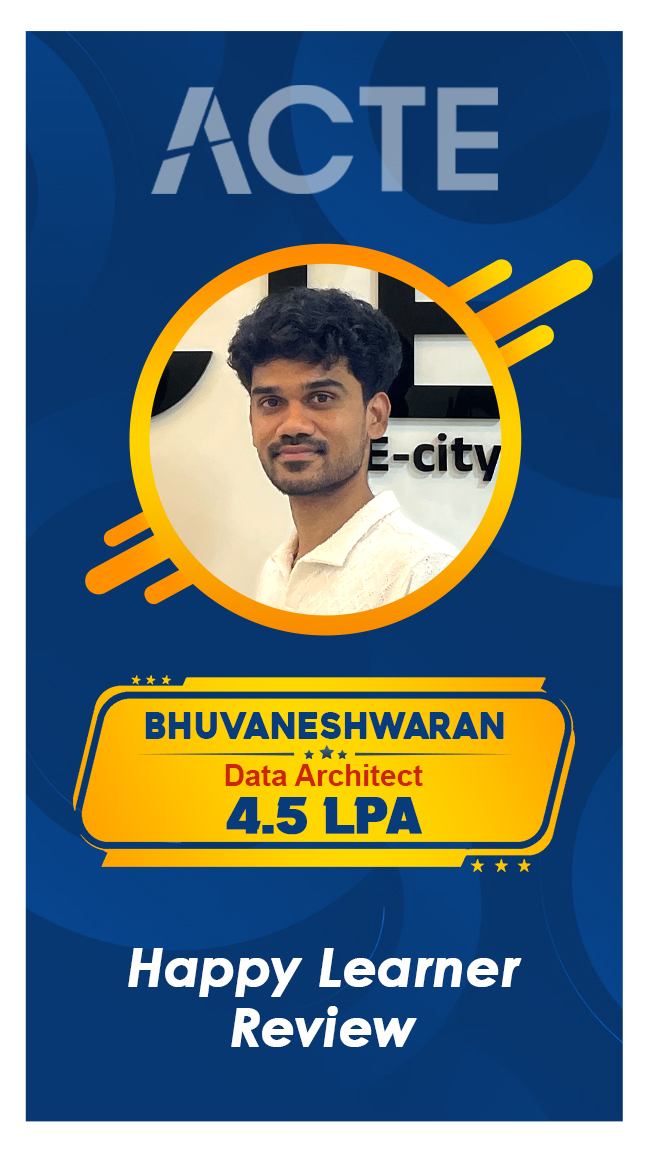


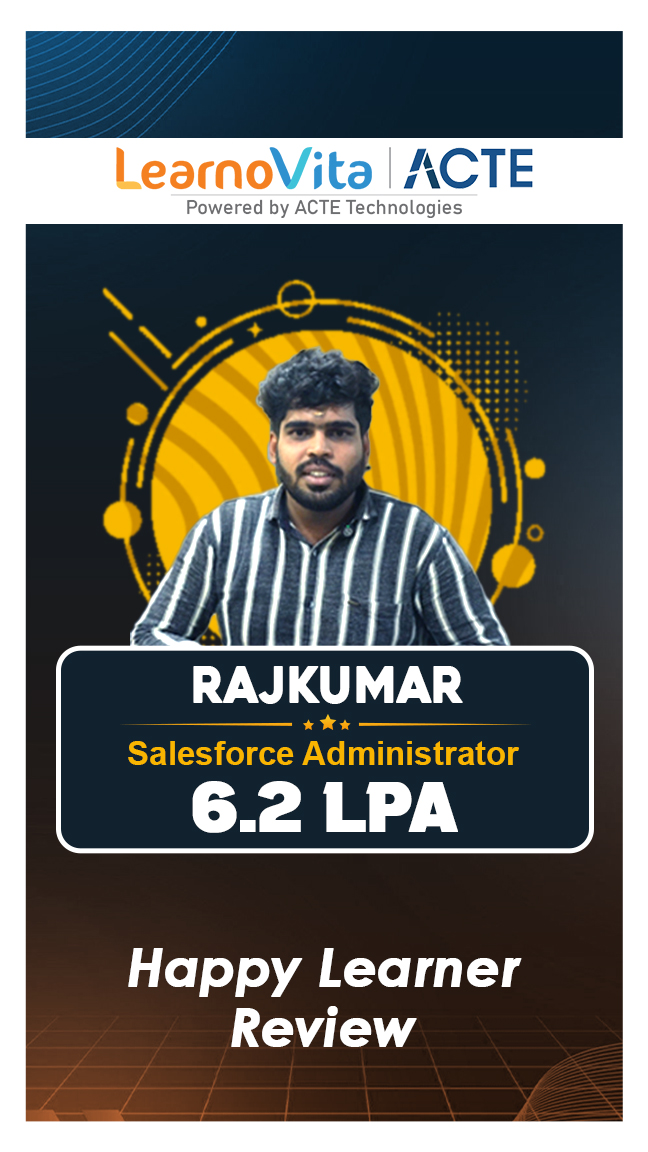


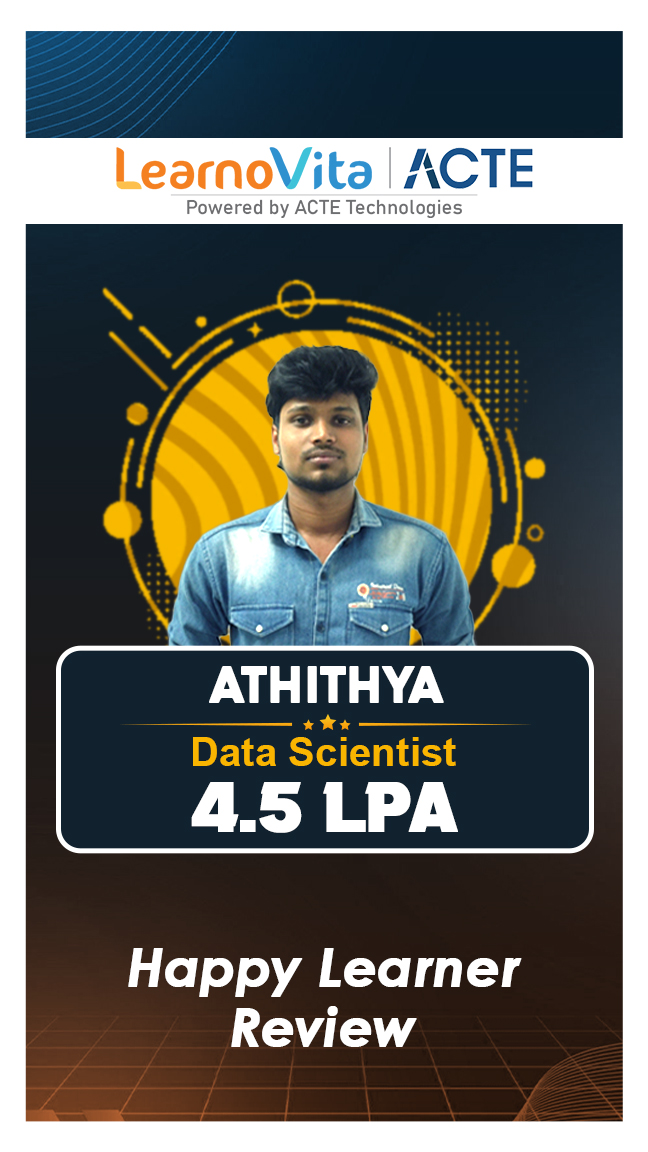
Exam & Full Stack Certification
- MongoDB Certified Developer
- AWS Certified Developer – Associate
- Certified: Azure Developer Associate
- Oracle Certified Professional
- Expertise Validation
- Career Enhancement
- Industry Acknowledgment
- Competitive Advantage

Our learners
transformed their careers

A majority of our alumni
fast-tracked into managerial careers.
Get inspired by their progress in the Career Growth Report.
Our Student Successful Story
How are the Full Stack Course with LearnoVita Different?
Feature
LearnoVita
Other Institutes
Affordable Fees
Competitive Pricing With Flexible Payment Options.
Higher Full Stack Fees With Limited Payment Options.
Live Class From ( Industry Expert)
Well Experienced Trainer From a Relevant Field With Practical Full Stack Training
Theoretical Class With Limited Practical
Updated Syllabus
Updated and Industry-relevant Full Stack Course Curriculum With Hands-on Learning.
Outdated Curriculum With Limited Practical Training.
Hands-on projects
Real-world Full Stack Projects With Live Case Studies and Collaboration With Companies.
Basic Projects With Limited Real-world Application.
Certification
Industry-recognized Full Stack Certifications With Global Validity.
Basic Full Stack Certifications With Limited Recognition.
Placement Support
Strong Placement Support With Tie-ups With Top Companies and Mock Interviews.
Basic Placement Support
Industry Partnerships
Strong Ties With Top Tech Companies for Internships and Placements
No Partnerships, Limited Opportunities
Batch Size
Small Batch Sizes for Personalized Attention.
Large Batch Sizes With Limited Individual Focus.
Additional Features
Lifetime Access to Full Stack Course Materials, Alumni Network, and Hackathons.
No Additional Features or Perks.
Training Support
Dedicated Mentors, 24/7 Doubt Resolution, and Personalized Guidance.
Limited Mentor Support and No After-hours Assistance.
Full Stack Course FAQ's
- LearnoVita is dedicated to assisting job seekers in seeking, connecting, and achieving success, while also ensuring employers are delighted with the ideal candidates.
- Upon successful completion of a career course with LearnoVita, you may qualify for job placement assistance. We offer 100% placement assistance and maintain strong relationships with over 650 top MNCs.
- Our Placement Cell aids students in securing interviews with major companies such as Oracle, HP, Wipro, Accenture, Google, IBM, Tech Mahindra, Amazon, CTS, TCS, Sports One , Infosys, MindTree, and MPhasis, among others.
- LearnoVita has a legendary reputation for placing students, as evidenced by our Placed Students' List on our website. Last year alone, over 5400 students were placed in India and globally.
- We conduct development sessions, including mock interviews and presentation skills training, to prepare students for challenging interview situations with confidence. With an 85% placement record, our Placement Cell continues to support you until you secure a position with a better MNC.
- Please visit your student's portal for free access to job openings, study materials, videos, recorded sections, and top MNC interview questions.

- Build a Powerful Resume for Career Success
- Get Trainer Tips to Clear Interviews
- Practice with Experts: Mock Interviews for Success
- Crack Interviews & Land Your Dream Job



 Fees Starts From
Fees Starts From



















 Regular 1:1 Mentorship From Industry Experts
Regular 1:1 Mentorship From Industry Experts




